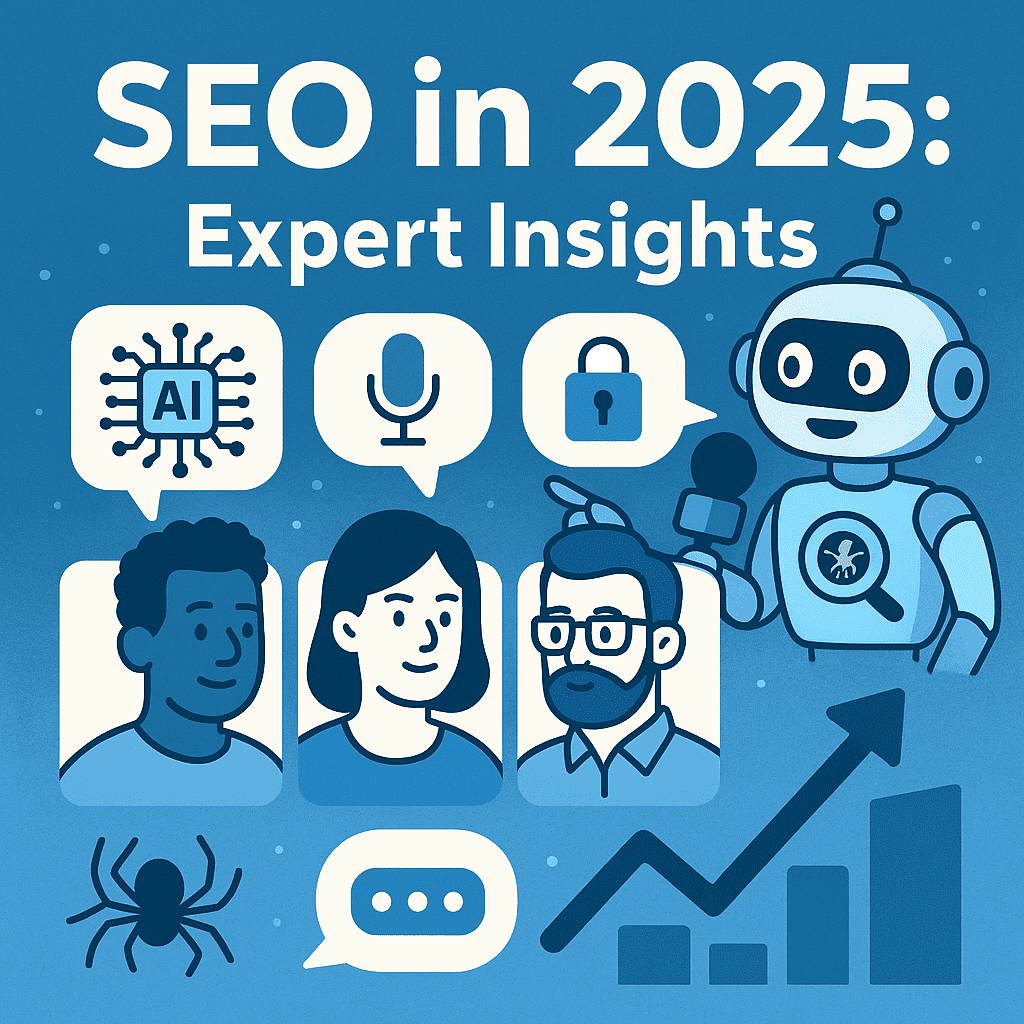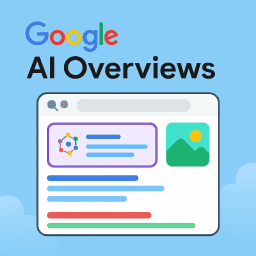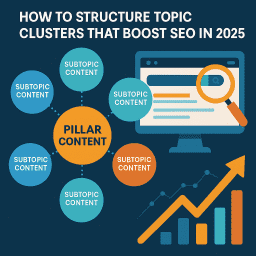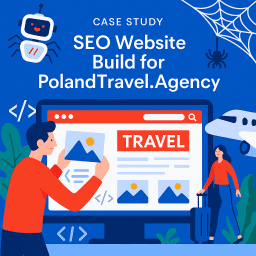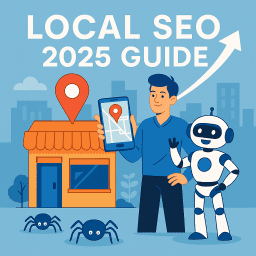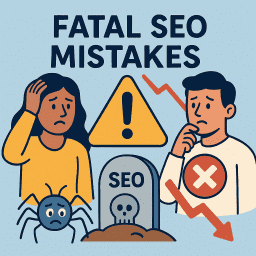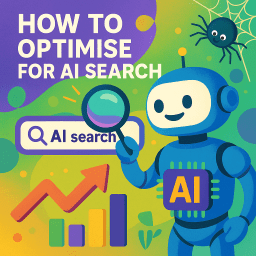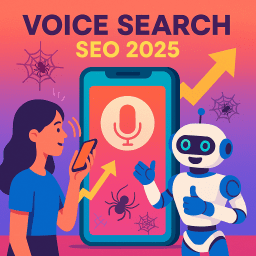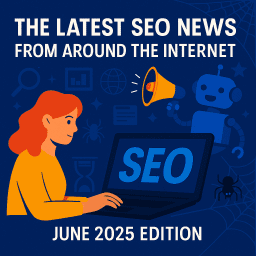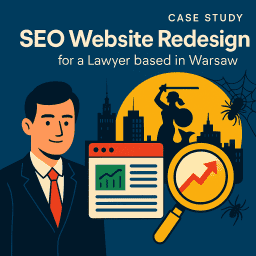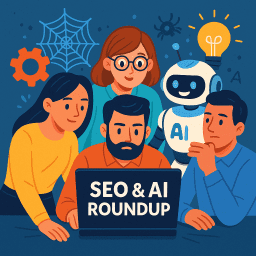SEO in 2025: Insights from Google & Industry Experts
SEO in 2025 is no longer just about rankings – it’s about visibility, trust and strategic adaptability.
💡 Top Minds Share What Really Works in SEO Today
SEO in 2025 is at a crossroads. Artificial intelligence, generative search, zero-click experiences, and shifting user expectations are transforming how success looks – and how it’s measured.
To cut through the noise, we’ve listened to some of the most respected voices in the industry: Google’s John Mueller, SparkToro’s Rand Fishkin, international consultant Aleyda Solís, and a broader chorus of experts. Their insights bring clarity and challenge to what matters now—and what you should prioritise.
- 🎤 High-profile perspectives – direct opinions from industry leaders
- 🔄 Cross-functional analysis – bridging SEO, marketing, analytics and development
- ✅ Tactical takeaways – what to do today and what to avoid
- 🔮 Forward-looking vision – where SEO is heading next
🤖 1. AI‑Driven Search & Generative Overviews
Rand Fishkin emphasises the power of zero-click search results and AI overviews. He points out that when people get answers directly from the search page, they don’t click through – but that doesn’t mean the opportunity is lost. What matters most is brand presence. “Stop obsessing over direct traffic,” he says, “and start thinking about brand investment.”
Aleyda Solís agrees. She highlights the importance of targeting long-tail, conversational queries that feed into AI summaries. As AI-winning snippets expand, she urges SEOs to “focus even more on answering long-tail queries – this will yield the biggest impact in the AI-driven search era.”
Together, they stress that to thrive, businesses must become sources of trust: providing clear, authoritative answers designed for AI to surface, rather than traditional ranking tactics alone.
🧠 2. Generative Engine Optimisation (GEO)
We’re moving beyond standard SEO into Generative Engine Optimisation (GEO) – the practice of making your brand and content show up inside AI-generated answers, chatbots, and assistant tools. This isn’t about technical schema alone; it’s about holistic presence.
Brian Dean notes that contextual signals – brand mentions, author authority, citations – are increasingly visible in generative responses. To rank in next-gen interfaces, your brand ecosystem matters more than ever.
Rand emphasises that PR and brand purpose play a bigger role than before. He frames it simply: “If you want to influence Google or AI systems, influence the web.”
💬 3. Google’s Take – John Mueller Speaks
- Adaptability Over Vanity Metrics: John Mueller urges SEOs to align work with core business goals. He cautions against obsessing over minor traffic fluctuations from tools and vanity metrics. “SEO strategies should map to real value – like conversions, brand visibility and user engagement – not just clicks.”
- Technical Foundations Still Matter: Structured markup, mobile-friendliness, Core Web Vitals, and site architecture are still essential.
- Collapsing and Merging Content: Merging old content takes time. Consolidate strategically and monitor over weeks – not days.
- No, Startups Don’t Always Need Blogs: If there’s no unique value or sustainable plan, don’t blog for the sake of it. Focus on what matters to your users.
🌐 4. Broader Community Trends
- AI & Automation: AI tools help with drafts and research, but human input is irreplaceable. Think “amplify,” not “automate.”
- Search Intent & UX First: Satisfy intent clearly. Structure matters. So does UX, dwell time and simplicity.
- Diversification Across Platforms: Visibility on YouTube, podcasts, TikTok and Reddit now supports brand presence and SEO signals.
- Hyper-Local & Personalisation: Proximity, reviews, and personal relevance shape how and where local businesses show up.
- E-E-A-T & Content Authority: Real expertise can’t be faked. Bios, testimonials, credentials and authored opinions all matter more than ever.
🧰 5. Tactical Strategies for Today
5.1 Focused Long-Tail Targeting
- 🔍 Use keyword tools to uncover long-tail, conversational queries
- 📝 Create clear, direct answers – especially in structured content formats
5.2 Optimise for Generative Interfaces
- 📚 Start with smart summaries and logical content layouts
- 📌 Use schema markup for FAQs, How‑To, and Q&A
- 📈 Track presence in AI results via GSC, GA4 and third-party tools
5.3 Build Brand Ecosystems
- 🧑🏫 Share content across multiple formats: blogs, podcasts, videos, social
- 📰 Earn citations via digital PR and thought leadership
- ⭐ Encourage reviews and testimonials to build trust signals
5.4 Strengthen Technical Foundations
- ⚙️ Improve Core Web Vitals, mobile usability and structured data
- 🔀 Plan redirects when merging content and track rankings post-migration
5.5 Use AI Thoughtfully
- 🤖 Use AI tools for outlines, summaries, and optimisation prompts
- 💡 Add human commentary, case studies or original data for uniqueness
5.6 Measure Impact Differently
- 📊 Prioritise conversions, engagement, and brand visibility over pure traffic
- 🧪 Run experiments like split-tests to validate your impact with stakeholders
🔮 6. Looking Ahead: SEO After 2025
- SEO as “Findability”: By 2030, SEO will mean visibility across AI assistants, voice, visual and chat-based search platforms.
- First-Party LLM Data: Performance across platforms like ChatGPT and Perplexity may soon be trackable – and critical.
- Multimedia & Voice Search: Optimise for images, video, and voice-first queries with transcripts and markup.
- Privacy & Data Ownership: Expect to rely more on first-party data and direct engagement strategies.
- Credibility & Real Presence: Speaking gigs, webinars and citations won’t just boost perception – they’ll help ranking algorithms trust your brand.
✅ Conclusion
SEO in 2025 is no longer just about web rankings – it’s about brand, findability, and real impact. As Rand Fishkin puts it: “Your content has to be less about traffic and more about resonance.”
Aleyda Solís reminds us that AI is here to stay – but those who succeed will be the ones who adapt their strategies to serve niche, human queries first. John Mueller emphasises that without strong tech foundations and alignment with business goals, none of this will stick.
- 🔁 Reframe your metrics—focus on conversions and brand visibility
- 🔎 Audit your long-tail-gap—where can you fill AI-driven query holes?
- 📢 Expand beyond the site—build authority across channels and communities
- 🧪 Run SEO experiments—show real value to stakeholders
- 📡 Plan for the future—voice, visuals, and AGI horizon
📝 Recap and Clarify: Post-Specific FAQs
What is the current state of SEO in 2025?
SEO in 2025 is shaped by AI-driven search, continuous algorithm updates, and a stronger emphasis on content quality, experience, and user trust signals like E-E-A-T.
What are experts saying about Google updates?
Experts agree that Google is becoming less transparent with updates, favouring rolling changes. This makes consistent quality and user-focused SEO more essential than ever.
Is AI-generated content still viable in 2025?
Yes, but it must be edited and enhanced by humans. Experts stress that originality, depth, and human insight are key to avoiding content that feels generic or low-value.
Has E-E-A-T become more important?
Absolutely. Experience, Expertise, Authoritativeness, and Trustworthiness are now essential for ranking—especially for topics in health, finance, and news categories.
Do backlinks still help with SEO in 2025?
Yes, but the quality and relevance of links matter more than quantity. Building authority naturally is more sustainable than chasing link volume.
What’s changed about keyword strategy in 2025?
SEO now revolves around intent and context, not just keywords. Semantic search and topic clusters are more effective than isolated keyword targeting.
Is local SEO still relevant?
Yes. Local SEO continues to thrive, especially with mobile and voice searches. Google Business Profile optimisation remains critical for local visibility.
How are SEO professionals adapting to AI?
They’re using AI for research, writing, and analysis—but always with human oversight. The consensus is that AI should assist, not replace, expert judgment in SEO.
Are ranking fluctuations normal in 2025?
Yes. With rolling updates and algorithmic volatility, fluctuations are more common. Long-term consistency, quality, and UX help smooth out ranking dips.
What should I focus on to succeed in 2025 SEO?
Focus on helpful content, great UX, clear E-E-A-T signals, fast performance, structured data, and staying informed about shifts in search behaviour and algorithm priorities.
SEO in 2025 is less about keywords—and more about quality, context, and credibility. – David Roche
Video Recap – 🧠 SEO in 2025 — Expert Insights on What Really Works
Wondering what really works in SEO right now? In this video, I’ve gathered insights from some of the industry’s top experts – to reveal the SEO strategies that matter most in 2025 and beyond.
SEO will keep changing – but the goal stays the same: create value, earn trust, and stay adaptable. That’s how you win in 2025 and beyond.


